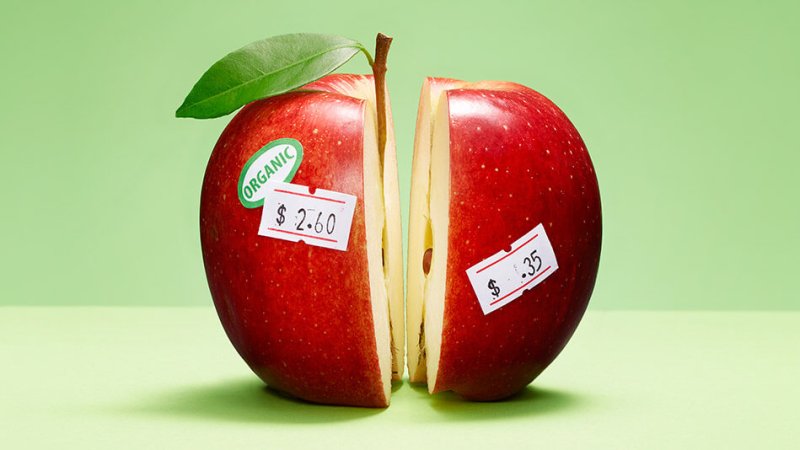[Editor’s Note: Tim Durham’s family runs Deer Run Farm on Long Island, NY. He holds a degree in plant medicine and is an Assistant Professor at Ferrum College in VA]
Consumers put their faith in [the ‘organic’] label, assuming it has some actual heft behind it. In reality, it’s light on ethics and heavy on opportunism.
…
- Pesticide-Free. This one frequently makes the rounds. It’s also untrue. Copper sulfate, which accumulates in the environment, is just one of many embarrassing allowances in the NOP. All right, how about less pesticides? Less conventional pesticide residues for sure, since they’re forbidden (see the EWG’s Dirty Dozen List), but the EWG doesn’t test for organic residues.
- More Eco-Friendly. Conventional farmers practice crop rotation and cover cropping. We also spread manure to enrich our soil with organic matter (you can appreciate the irony). Organic growers have a heck of time managing weeds without tillage, which causes erosion. Conventional farmers can spray and be set with a no-till system — using softer materials and leaving less active ingredient in the environment.
…
Fanboys and fangirls literally fetishize the organic industry. Yet former Ag Secretary Dan Glickman said it best when he wryly noted that organics is a production standard, not a health or safety standard.
The GLP aggregated and excerpted this article to reflect the diversity of news, opinion and analysis. Read full, original post: Durham: Organic is elegant fanfiction































